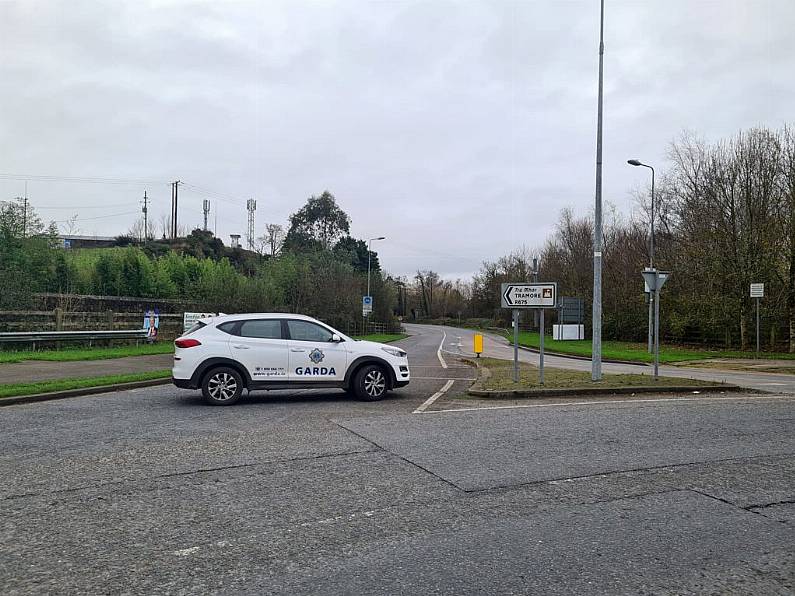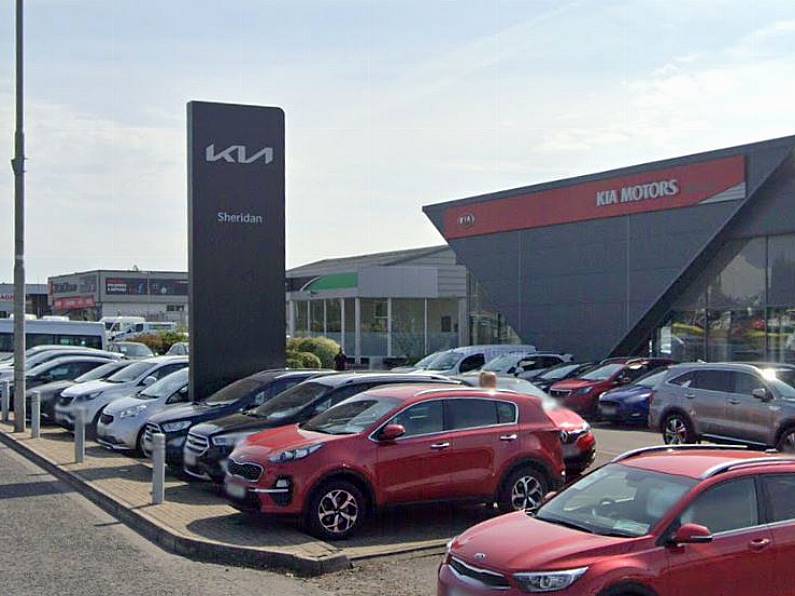The best antidote to the current world trade turmoil is innovation, the creation of products and services that make life better — whether it’s butter, vaccines, or text messaging. Every country wants to foster a culture of innovation, but it’s not easy to do.
Ireland has been trying hard, but as shown in the latest release from the EU’s statistics office, the results are patchy. Just before the recession, Ireland was ranked 12th most intensive country in the EU for research and development (R&D). We have since fallen to 18th. After the economic crisis, public investment in R&D has been slow to recover. Officials in the Department of Business, Enterprise, and Innovation point to the lack of funds because of the recession. Hence R&D expenditure by governments in the years following the recession fell from the peak of €930m to receiving a budget allocation of €751m in 2018.
The business enterprise sector, which has continued in the decade to increase investment in research and in developing new products and services for global markets has managed to keep Ireland’s position looking relatively healthy.
When you add in the business R&D spend to that of the State’s, the picture looks somewhat more encouraging: It has risen from €2.4bn in 2007 to €3.1bn in 2017. However, the average spend in the EU 28 countries rose by 38%, while that of Ireland’s, despite the extra effort of the business community, rose only 25%.
The Government believes it can still meet the EU Innovation 2020 targets which also encompass Ireland’s Strategy for research and development, science and technology for the period 2016-2020. The vision is for Ireland to be a “global innovation leader”, driving a strong sustainable economy and a better society.
The Department of Enterprise accepts that reaching the targets by December 2020 will be very challenging. Part of its response has been to appoint an external consultancy to carry out a mid-term evaluation of the strategy so that “relevant adjustments can be made in a timely manner to ensure successful delivery on the vision and objectives”.
The consultancy contract has been issued in recent weeks, with a brief to review the strategy’s vision and the objective of reaching the target of 2.5% of GNP research intensity — Ireland’s commitment under the Europe 2020 plan. We are currently less than half-way there. Reaching the target in less than 24 months is highly aspirational.
There are some Europe 2020 targets that will be met. The target of doubling of private funding of R&D in higher education is likely to be achieved, according to the department, with private funding increasing from €31.2m to €48m. Big pharmaceutical and computer companies are leading the way with universities here.
Bell Labs has relationships with a number of institutions including Trinity College, Dublin City University, University College Dublin, and the University of Limerick. It came to Ireland a decade ago as one of the State’s first major R&D co-investments.
From February 2014 to August 2018, researchers in Ireland secured €577m in competitive funding under Horizon 2020 — the European Framework Programme for Research and Innovation — which is well ahead of the target for the period. Business is likely to benefit but supports to the sector must be critically reviewed.
Two actions in particular need to be tailored: Existing R&D supports and the allocation of a much larger Government budget. Both are crucially inter-related and will need major surgery in the coming years to keep Ireland’s businesses competitive. Streamlining of enterprise supports for R&D is needed to make it easier for businesses to tap them.
There needs to be a reality check by the Government to reach the EU’s target of 2.5% of GNP; Ireland would need to achieve an annual R&D spend of €7.5bn. The business sector usually co-funds half of the expenditure in any research project, hence the Government needs to allocate €3.75bn in 2020. Five times the current spend.






